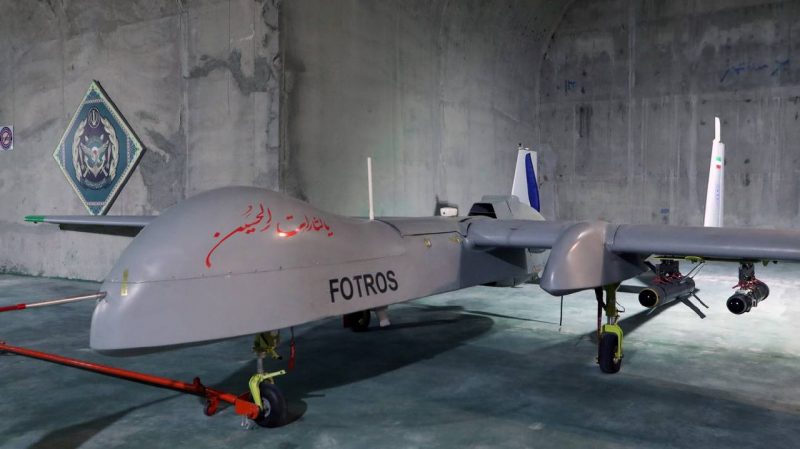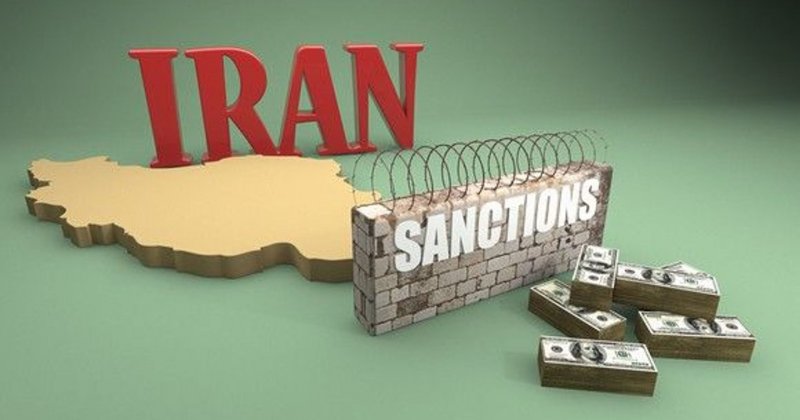Increased Impact of Sanctions on Tehran
The increased impact of sanctions on Tehran within the current geopolitical framework, characterized by a vast array of mandatory sanctions against Russia and Belarus, albeit to a lesser extent, has made many Italian companies feel the need to focus their concerned gaze on the entire world of restrictions and export controls. In this context, the European Union, in response to the repressive actions taken by the Iranian government that led to the death of 22-year-old Mahsa Amini, has adopted measures and approved sanctions against the Iranian government.
This initiative includes the adoption of Council Implementing Regulation 2022/1955 on October 17, 2022, which in a way implements the same Implementing Regulation 359/2011 related to the Green Movement protests concerning restrictive measures against specific individuals, institutions, and entities in light of the situation in Iran.
New Sanctions
By amending Regulation 359/2011 related to the European Union, eleven individuals and four governmental entities accused of human rights violations were added to the list of previously sanctioned individuals, bringing the total to 97 individuals and 8 entities. The Iranian Morality Police, part of the Iranian Law Enforcement Force, and two of its main representatives, Mohammad Rostami and Haj Ahmad Mirzaei, who were specifically held responsible for Mahsa Amini’s death, were included.
Additionally, the Iranian police were sanctioned for their role in violently suppressing peaceful protests that began in the days following the death of the young Iranian woman Mahsa Amini. Isa Zarepour, Iran’s Minister of Information and Communications Technology, was also sanctioned for playing a key role in the systematic violation of freedom of expression and opinion by the Iranian government through imposing internet access restrictions.
Article 2 of Regulation 359/2011 stipulates that all funds and economic resources, whether owned by these individuals, institutions, or entities, or even if they are merely held and controlled by them, must be frozen. Furthermore, providing funds or economic resources, either directly or indirectly, to these individuals, institutions, and entities is prohibited.
As announced, the prohibition on providing funds does not only refer to payments to these individuals but also includes the prohibition on buying and selling goods or services that, due to their nature, have the potential to generate economic resources.

Iran’s Support for Russia
The sanctions outlined in Regulation 2022/1955 were imposed in response to the internal repressive actions taken by the Iranian government, followed by other sanctions under the European Union’s Implementing Regulation 2022/1985, this time due to the situation in Ukraine. According to this, all assets and properties of the Iranian company Shahed were frozen, and providing any economic resources to this company was prohibited.
Furthermore, sanctions were imposed on the aerospace industry and three senior Iranian military officials for providing military support to Russia by sending Shahed 136 armed drones and cheap planes that explode upon landing, resulting in the death of five people in Kyiv, the capital of Ukraine, and the destruction of civilian infrastructure.
Although the Iranian government has categorically rejected these accusations and deemed them baseless, this did not affect the European Union’s sanctions process against Iran and did not cause them to retreat from their position in approving the sanctions.
Even though the regulations and decisions of the European Union Council on October 17, 2022, exclusively provide sanctions against specific individuals or entities, the events of the past few weeks indicate that the issue of restrictions that even now exist against Iran refers to the repressive activities of security forces against protesters. These should be resumed and turned into multiple restrictions with a tangible nature referring to tangible and intangible assets.
Previous Sanctions
In fact, despite the Joint Comprehensive Plan of Action (JCPOA) in 2016, commonly referred to as the nuclear deal, which led to the lifting of heavy restrictions imposed by the international community in response to Iran’s nuclear activities, precisely because of the JCPOA, according to the European Union’s Regulation 1861/2016, the sanctions adopted concerning internal repressive actions related to Regulation 359/2011, which pertained to the 2011 protests in Iran, were not lifted.
Regulation 359/2011 was originally designed to create a list of entities and individuals responsible for violence against protesters and aimed at specific actions such as freezing assets and prohibiting the provision of funds and economic resources to these entities and individuals. This list is regularly updated annually, and before Regulation 2022/1955, the list of sanctioned individuals included 25 people.
Additionally, in early 2012, Regulation 359/2011 and Regulation 264/2012 of the European Union were amended by including two articles that prohibit the export of goods intended directly for internal repression and also commit to issuing specific licenses for the sale of software, technologies, and services related to communication interception, Annex No. 4.
These lists have not changed since 2012. Among the listed goods are barbed wire, night vision equipment, thermal imaging recording, as well as helmets. The regulation specifies that helmets with a sporting nature or those designed for occupational safety are not subject to these restrictions and prohibitions. However, Annex No. 4 includes a ban on types of software, technologies, and equipment, provided they are only usable for controlling or intercepting internet or telephone communications.
Coercive but Gentle Approach
However, all the regulations mentioned in Regulation 267/2012, which was later amended by Regulation 1861/2016, remain in the background, creating a potential sanctions framework. This means that if the agreements made in the JCPOA are violated, these sanctions will be re-implemented, which will have a significant impact if they occur. Currently, the conditions and procedures have remained the same since 2016.
Given today’s restrictions, we cannot expect an unexpected impact on trade with Iran, as these restrictions seem to be more imposed to have a coercive effect on the country, meaning they aim to exert political pressure on the Iranian government and are not intended to have a negative impact on the entire country’s economy.

